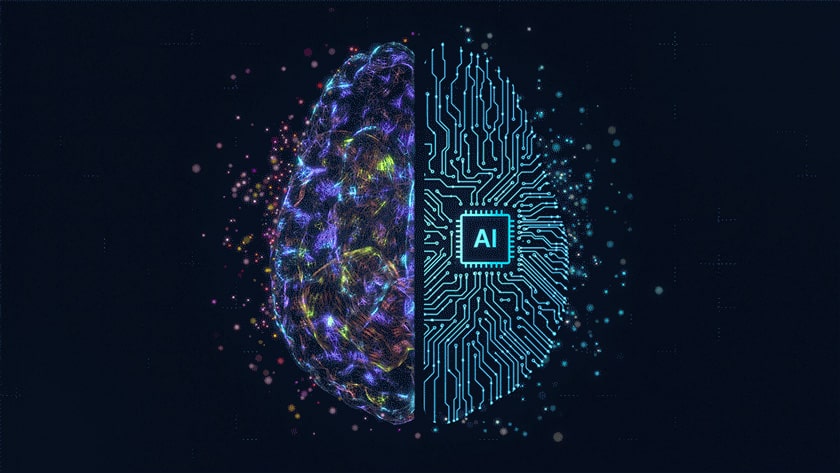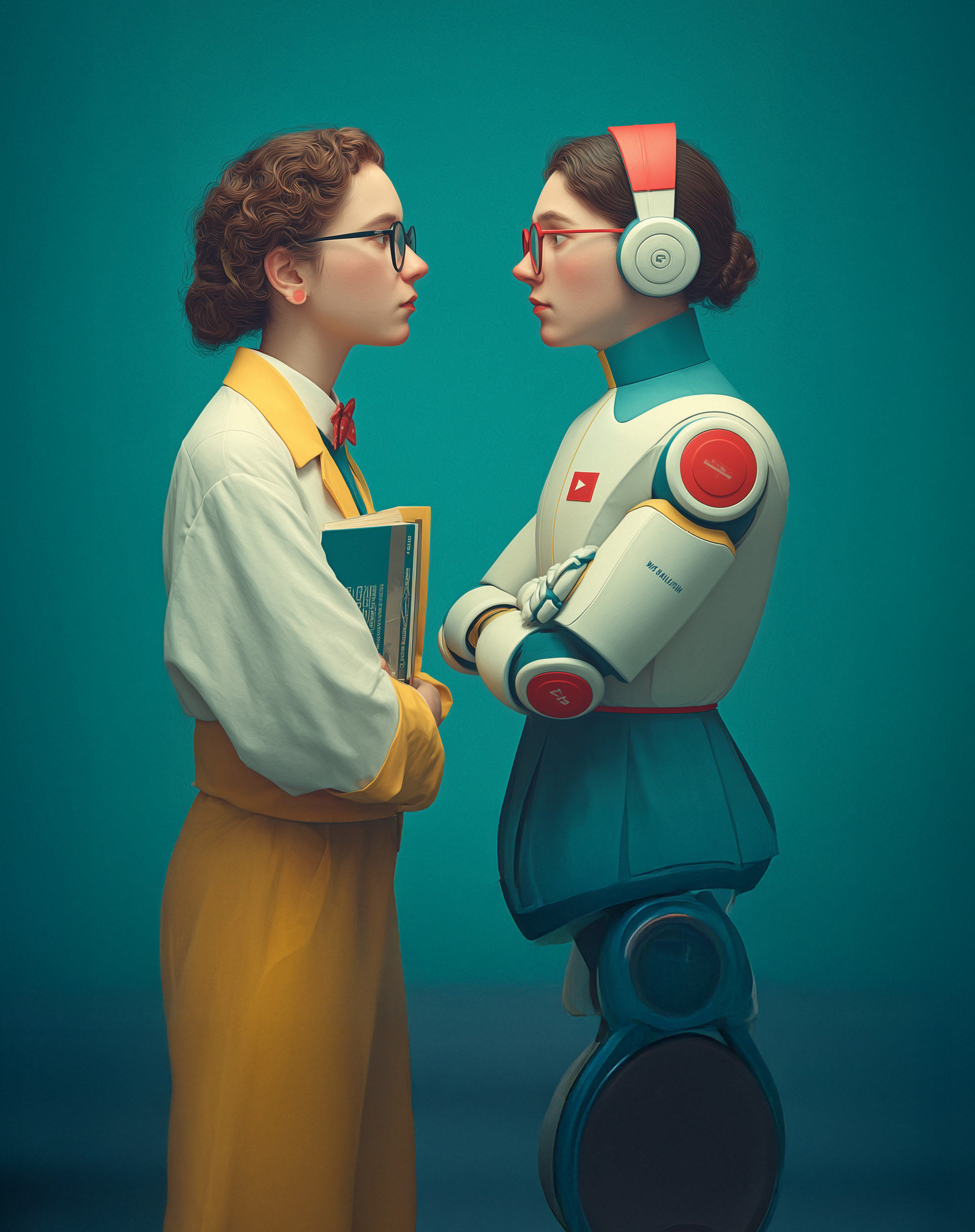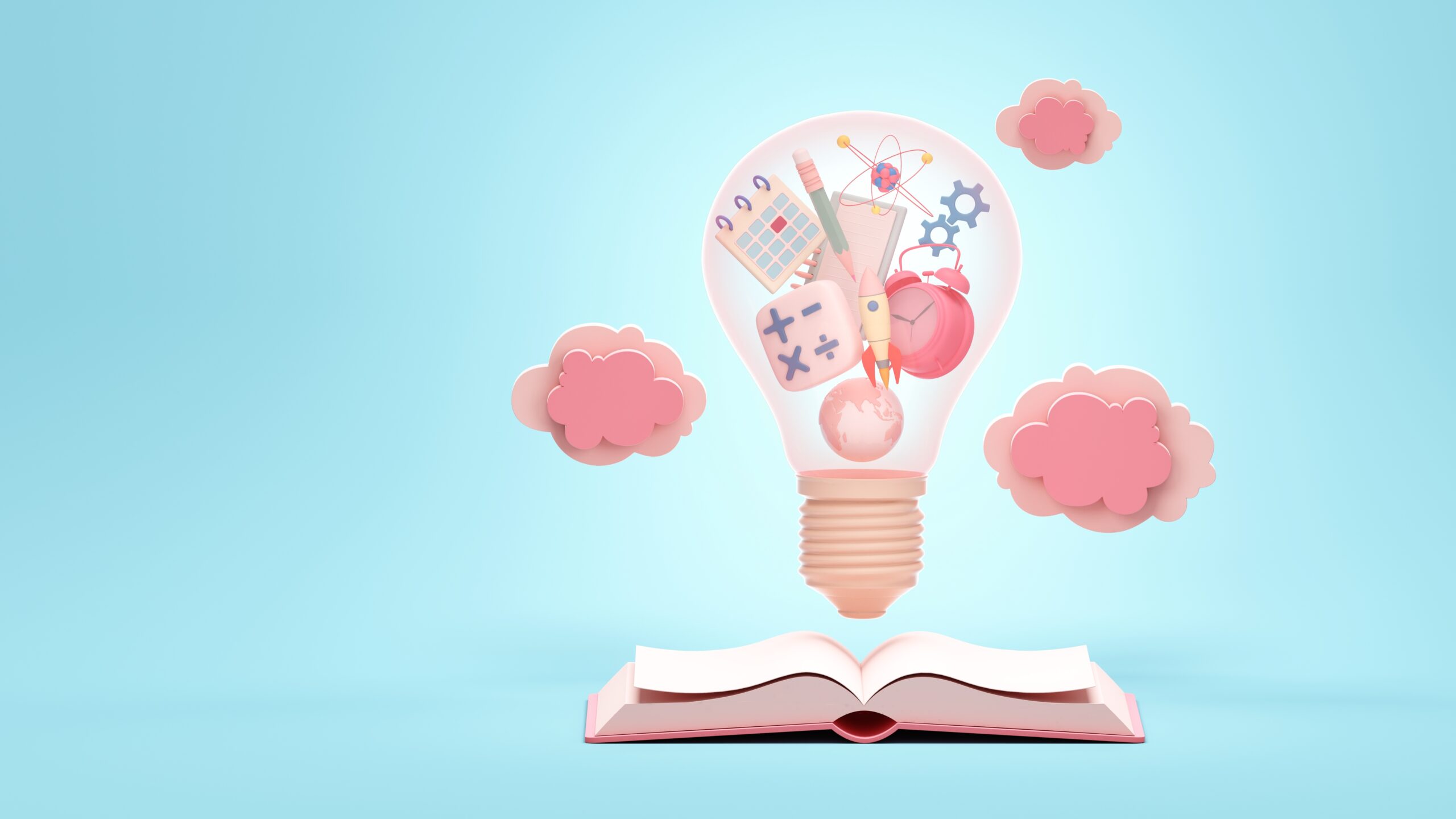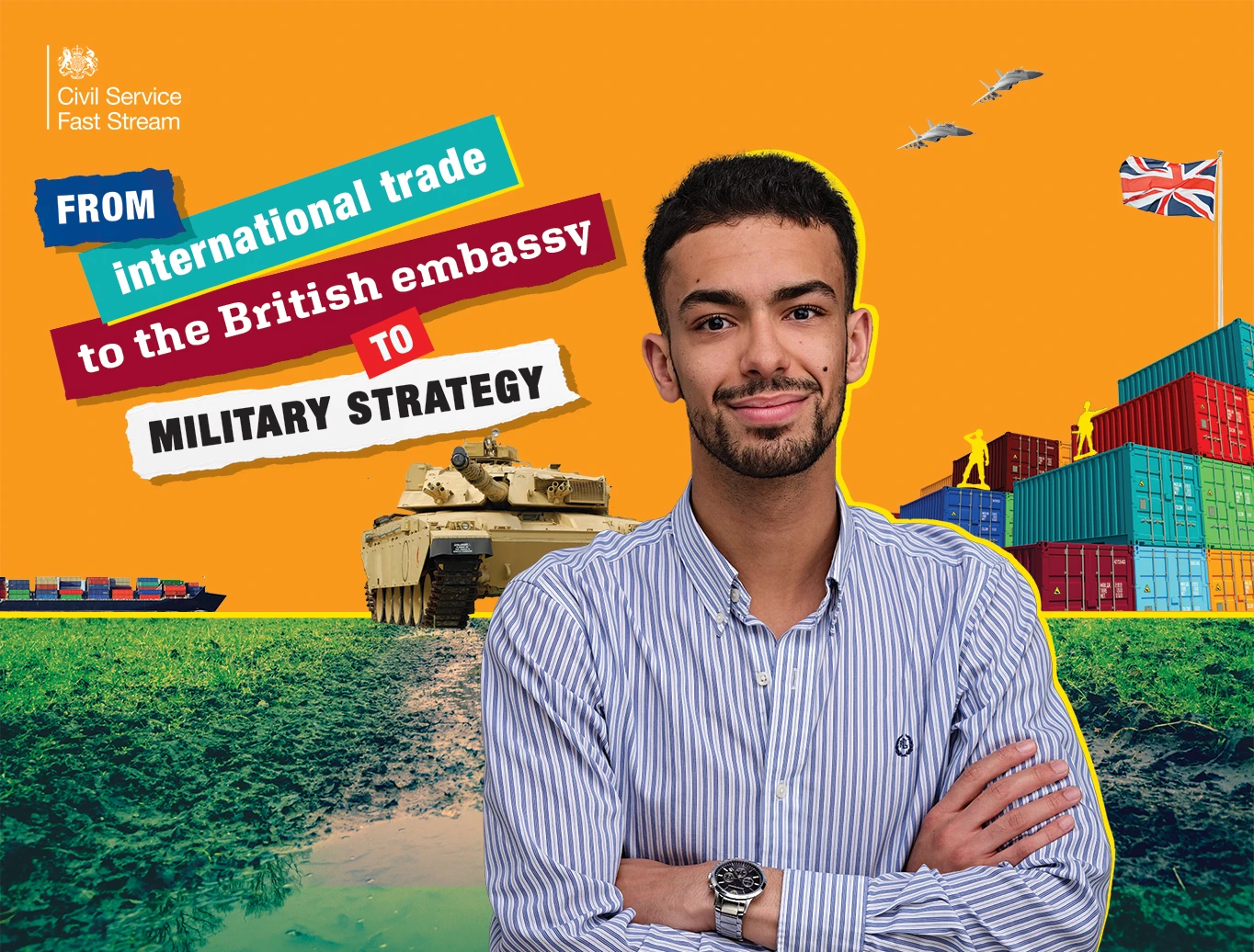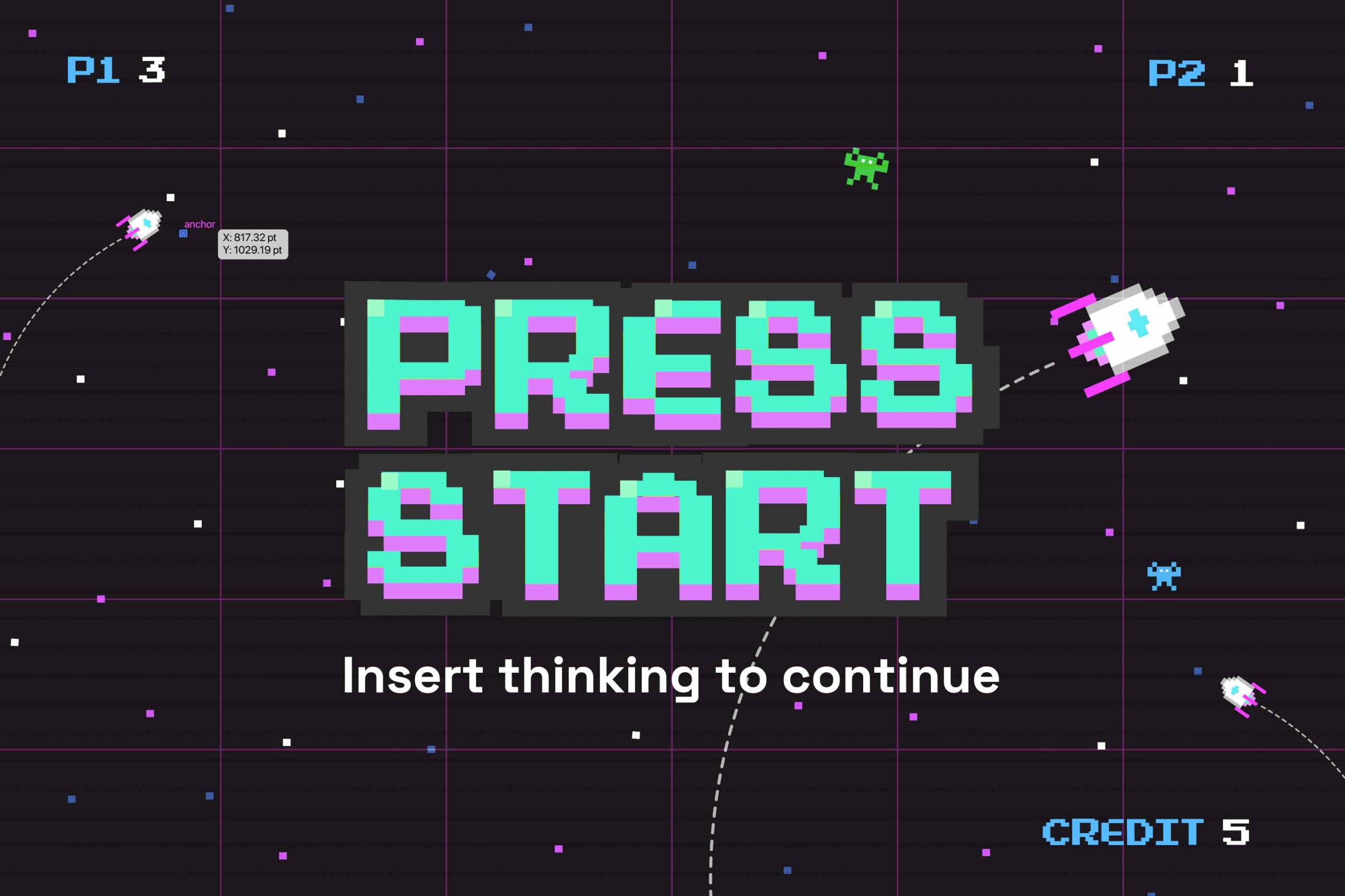AI is knocking on all of our doors. Like it or not, at some point, we’re going to have to let it in. For many in the creative industry, accepting artificial creativity as equal to human creativity is challenging.
Creatively, AI represents something unlimited. It allows us to dream up anything, no matter how illogical or absurd, in moments, from almost nothing. A search engine that combs the entire internet for information. An ideation tool that can spit out hundreds of ideas from a single sentence.
On its surface, AI is a creative goldmine. So why is it so controversial?
For those of us in the creative field, knowing that a computer can do something you’ve worked on for days – or even weeks – in a matter of moments is a bit of a gut punch. As it gets better and more accessible, the worry is that companies turn to AI over human creatives for cheaper, faster creativity.
But how good actually is AI?
As a copywriter – and a stickler for all things wordy – AI initially felt like a rival. One that I simply didn’t have the tools to compete with. But, like all things, there are drawbacks.
Take ChatGPT for example. It’s clunky. Really clunky. And, despite undoubtedly in-depth attempts to replicate the human voice, it still sounds like a robot. Where human writers have honed their ability to inspire emotion, craft narratives, employ subtlety and pepper in sarcasm – AI tends to tar sentences with an overenthusiastic brush. Full of forced adjectives and cliches. Or, even worse, produce sentences that fall entirely flat.
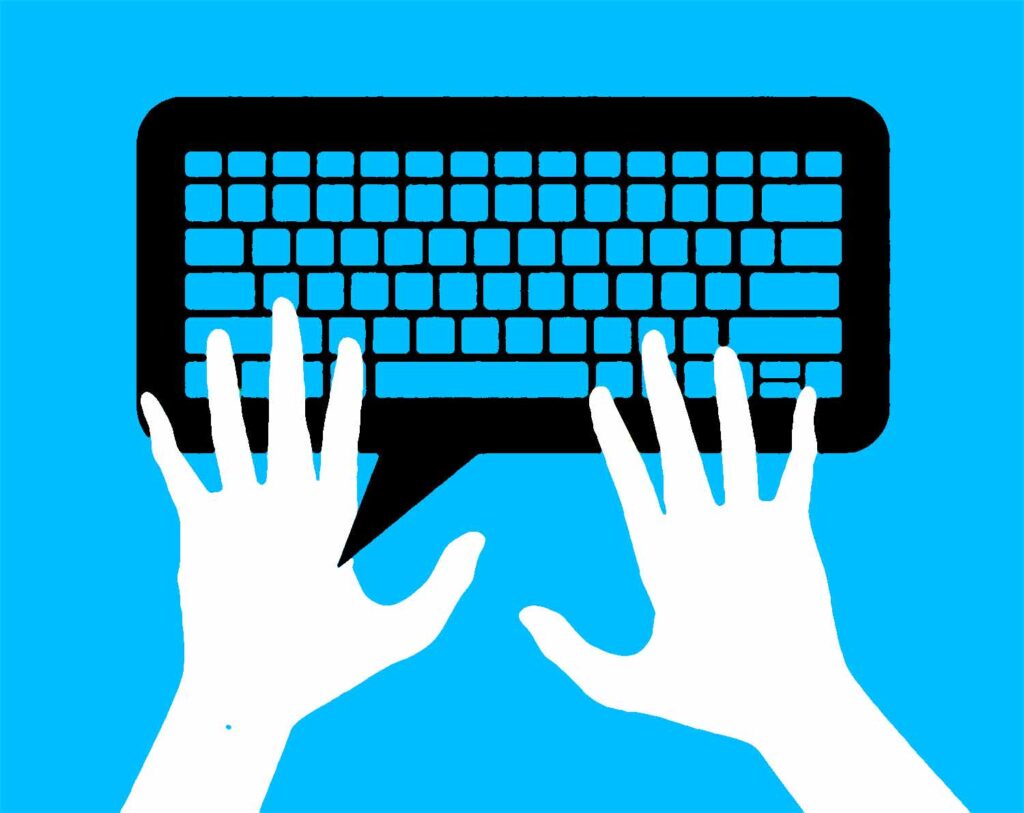
There is a middle ground – blending human creativity and AI’s capability to create from a blank slate – which would see entire jobs dedicated to inputting prompts into AI. Whilst this seems like a best of both worlds scenario, it does feel like we’re losing the magic – and crucially, the humanity – that’s so fundamental to creativity.
Artificial intelligence is still in its infancy, and we’re yet to scrape the surface of all the things it’s capable of. We’re working to understand it, learn from it, and ultimately master it. And we’re reaping the benefits already. But I hope that as the world shifts more and more into the digital space we don’t forget that true creativity is, and always will be, human.


